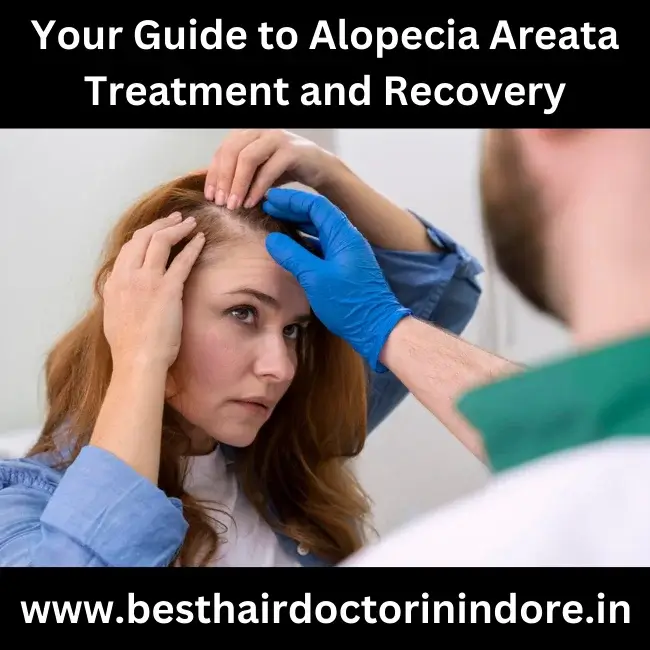Hair is often considered one of our most importent features. It’s a symbol of youth, vitality, and beauty. But when alopecia areata strikes, it can be emotionally devastating. Alopecia areata is an autoimmune condition that leads to hair loss in small, round patches on the scalp and other areas of the body. It affects both men and women and can manifest at any age. The good news is that there are effective treatments available, and many people experience successful recoveries. best doctor for alopecia areata treatment guide you through alopecia areata treatment and recovery, providing valuable information and support for those dealing with this condition.
Table of Contents
ToggleUnderstanding Alopecia Areata
Before delving into treatment options, it’s important to understand the basics of alopecia areata. This autoimmune disorder occurs when the body’s immune system mistakenly attacks hair follicles. The exact cause is still not entirely clear, but genetics, stress, and environmental factors are believed to play a role in triggering this condition. It can vary in severity, ranging from small bald patches to complete hair loss, including eyebrows and eyelashes.
Alopecia Areata Treatment Options
Alopecia areata treatment is a journey, and there’s no one-size-fits-all solution. However, several approaches can help you manage the condition and stimulate hair regrowth:
Topical Corticosteroids:
These are applied directly to the affected areas and can help reduce inflammation and promote hair growth.
Intralesional Corticosteroid Injections:
For more extensive or stubborn cases, corticosteroid injections into the bald patches can be effective.
Topical Immunotherapy:
This treatment involves applying irritating substances like diphencyprone (DPCP) to the scalp to provoke an allergic reaction and stimulate hair regrowth.
Minoxidil:
Over-the-counter minoxidil solutions may promote hair growth and are often used in conjunction with other treatments.
Platelet-Rich Plasma (PRP) Therapy:
PRP therapy involves injecting a concentrated form of your blood’s plasma into the scalp to encourage hair growth.
Hair Transplant:
For individuals with severe hair loss, hair transplant surgery can be an option to restore lost hair.
It’s crucial to consult with a dermatologist or alopecia specialist to determine the most appropriate treatment plan for your unique case.
Emotional Support and Coping Strategies
Living with alopecia areata can be emotionally challenging. Many individuals experience feelings of self-consciousness and a loss of self-esteem. Seeking emotional support is an important part of your journey. Consider joining support groups, speaking with a therapist, or confiding in friends and family. Remember that you’re not alone, and there are countless others on a similar path to recovery.
Hair Care during Treatment
While undergoing treatment, it’s essential to take good care of your remaining hair. Use gentle, sulfate-free shampoos, avoid excessive heat styling, and protect your scalp from the sun. Many individuals opt for headscarves, wigs, or hats to boost their confidence and maintain their style during the regrowth phase.
Monitoring Progress
Alopecia areata recovery can be gradual, and it’s essential to be patient. Keep a journal to track your progress and document any regrowth. Regular follow-up appointments with your healthcare provider will help you make any necessary adjustments to your treatment plan.
The Importance of a Healthy Lifestyle
Maintaining a balanced diet, staying active, and managing stress are all integral to your overall well-being. These practices can support your immune system and complement your alopecia treatment.
Conclusion
Alopecia areata may challenge your self-esteem and confidence, but with the right treatment and a strong support system from best doctor for alopecia areata treatment , make many individuals experience significant recovery. Keep in mind that treatment responses vary, and it’s essential to be patient with yourself. Seek out professional guidance, lean on friends and family, and never forget that you are not defined by your hair. Your journey to alopecia areata treatment and recovery can be a path to self-discovery and self-acceptance, ultimately making you even stronger than before.







